Smart Retail Tech 2024 Expo: Andrew Busby talks influence and the psychology of persuasion
“Influence works,” said Andrew Busby in a keynote Smart Retail Tech Expo presentation on 28th February at London ExCel, which looked at how it has shaped retail in modern times.
Two case studies were shared – one good, from Liquid Death, and one bad, from Bud Light.
Social media sharing by hipsters, savvy marketing and branding can all contribute to the value of a company. Busby, head of Redline Retail Consulting, demonstrated how on the second day of Smart Retail Tech, via a video he showed about Liquid Death.
Smart Retail Tech Expo London has officially come to an end! It's been an amazing few days! 🫶
— Smart Retail Tech (@smartretailexpo) February 28, 2024
We would like to say a huge thank you to everyone involved! We hope you enjoyed it as much as we did!🛍️
We're already counting down the days until next year...#SmartRetailTech #SRTUK pic.twitter.com/NFiRsuB0FQ
Liquid Death
“This is just water,” explained Busby.
It’s a US drinks brand that aggressively and humorously markets “the deadliest stuff on earth” because the founder, an ex-marketeer with Netflix, wanted to turn the traditional promotion of water as ‘soft’ on its head by garnering influencer hits and shares on social media and online for his hard aggressive non-typical water.
It’s all in the perception, of course, because water is just water after all however you spin it. Spin matters, though..
“Liquid Death launched in 2017 and was valued at $2.3 million in 2019, rising to $700 million by Q3 2023,” explained Busby, as he reiterated that influence really matters. “The company is now approaching a $1 billion valuation and it’s available in the UK in Tesco and elsewhere.”
Bud Light
Conversely, in this social media driven world where influencers dominate, getting it wrong also matters.
This was illustrated by Bud Light and its disastrous use recently of the US transgender influencer Dylan Mulvaney in its social media marketing.
The failed attempt to diversify away from its traditional blue collar male clientele, which is typically conservative, backfired spectacularly when their audience pushed back against the Instagram and other posts, organising a boycott that continues to adversely impact the beer’s sales.
“The result was a huge, $25 billion immediate fall in sales over the first four to five months of the boycott,” explained Busby, while pointing out they are still struggling to recover in 2024 despite doing Hayley Davidson tie-in advertising and slots for the Superbowl, which ties in more with the values of their traditional customer case.
The lesson is that influence matters and, of course, to be careful how you use it.
The Psychology of Persuasion
A book entitled ‘Influence: The Psychology of Persuasion’ by Robert B. Cialdini, an American author, was cited by Busby as a key text to read in this area. “Botox Bob”, as he jokingly referred to the author’s somewhat plastic image on his book cover picture, wrote a seminal book that is worth reading, especially for its seven guiding principles:
Reciprocity: this technique of persuasion and influence works. “Think of an Indian restaurant that brings you a hot towel or a sweet at the end of your meal,” said Busby. “That typically increases the customer’s tip by 3%.”
Scarcity: Rolex is desirable, especially its Daytona watch, because you have to join a long waiting list. “This is deliberate marketing,” said Busby, adding that second hand models now go for thousands.
Authority: helps influence consumer behaviours. “It’s why pharmacist sometimes wear white coats for example,” said Busby, who formerly used to work at Superdrug.
Commitment: is crucial as consistent service and adherence to brand values will be remembered by consumers.
Liking: In the context of brands this means identifying who will like you and why, and then correctly targeting and retaining them, even if you try to diversify your customer base. However, be careful how you do this. Just look at the disastrous Bud Light example above.
Social proof: remember that not all your efforts will work. “93% prefer the recommendation of a family member or friend to marketing-led attempts to recommend a brand.”
Unity: “This is most relevant today in my opinion,” said Busby, as he discussed football teams’ brand loyalty among their base and the desire for somewhere ‘where everyone knows your name’ a la the Cheers TV bar from the hit 1980s show. If you can get anywhere close to building that type of community for your brand you are doing very well.
Busby concluded by advising attendees at Smart Retail Tech to focus on customer experience and community as two core elements in his “five laws of retail”, which also spanned to include being atop of technology innovation, providing seamless transactions and unified 360-degree connected service.
Whether his influence will spread beyond the bounds of the conference room floor as Smart Retail Tech Expo 2024 wound down remains to be seen.



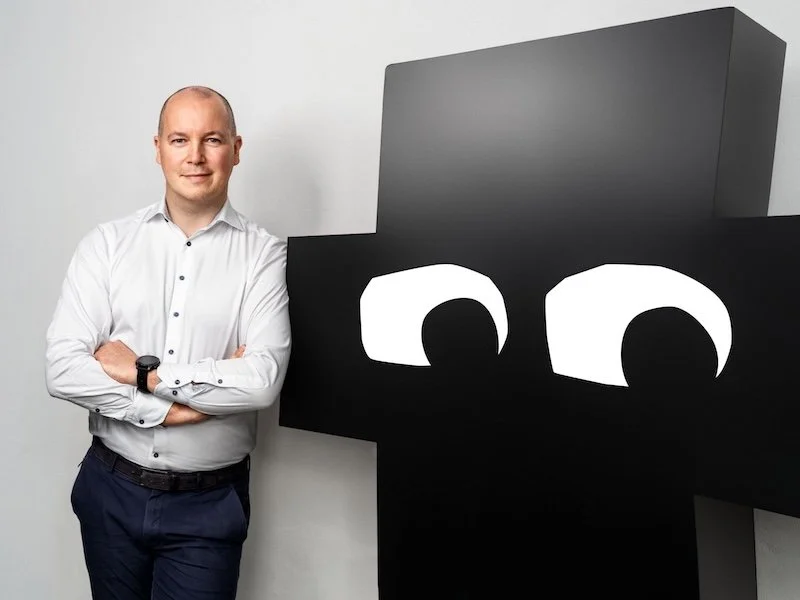

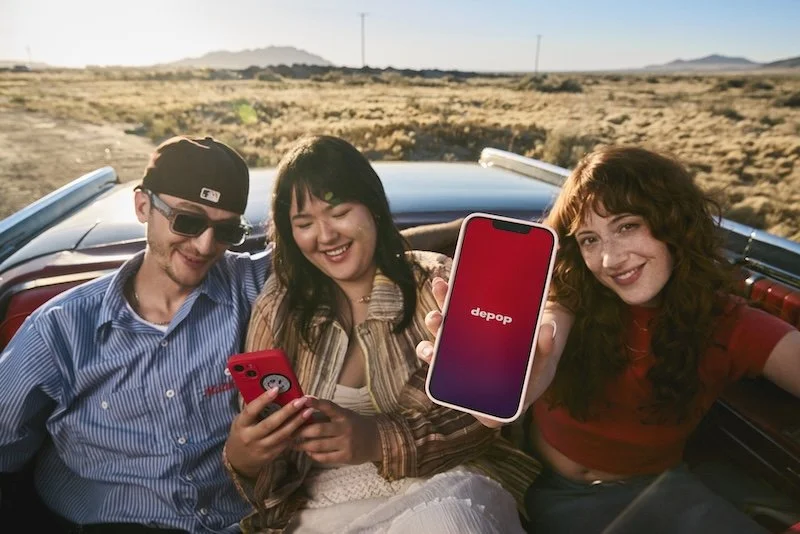
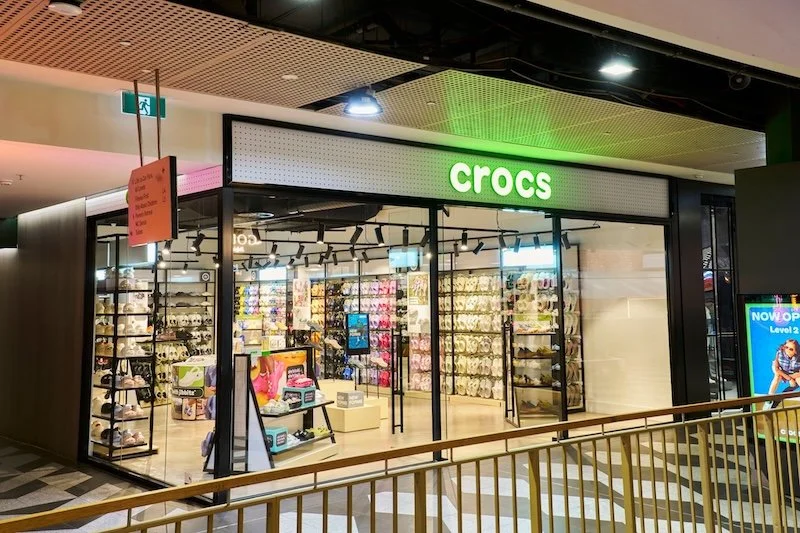

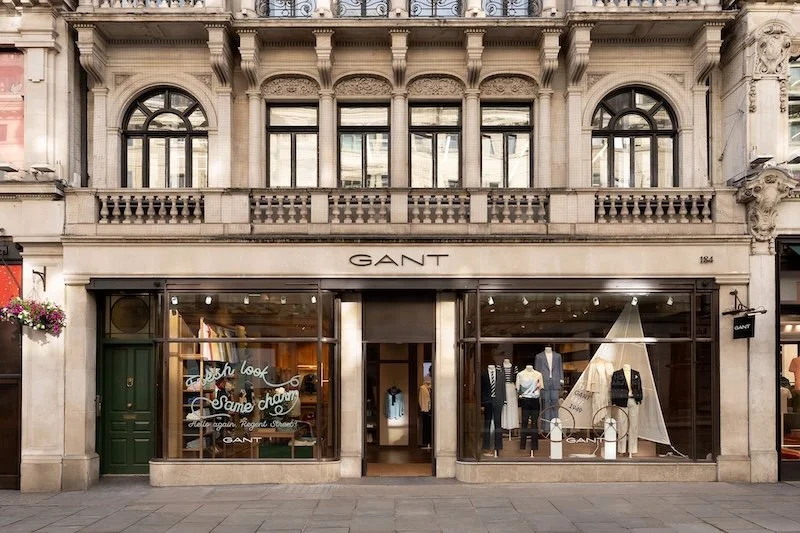
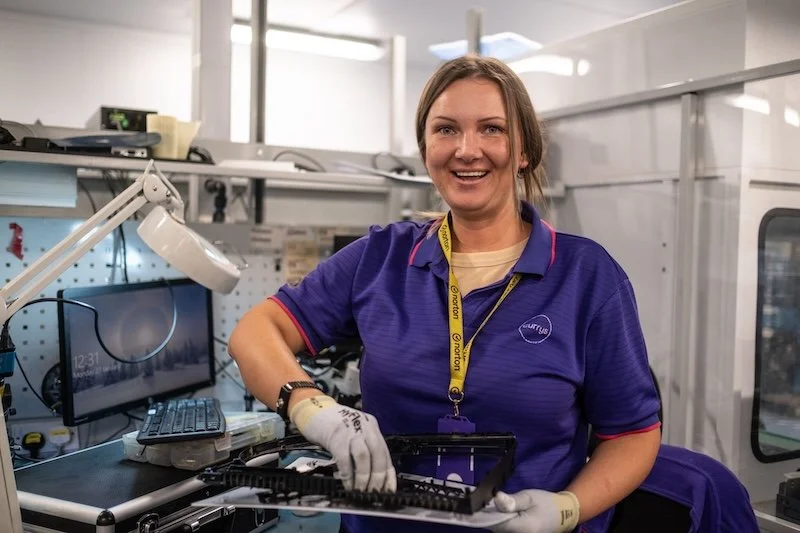
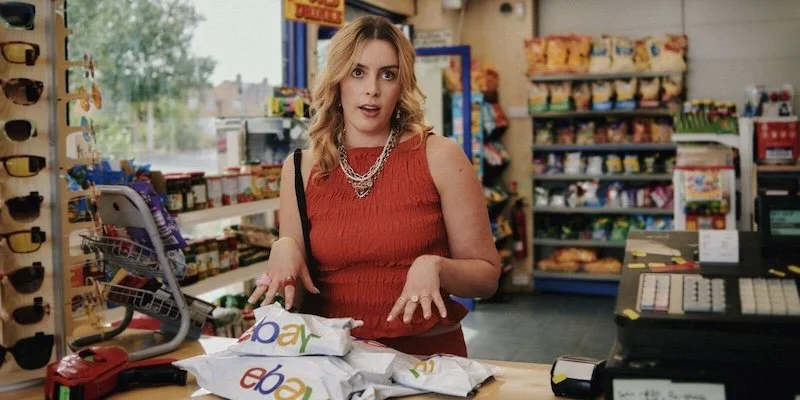
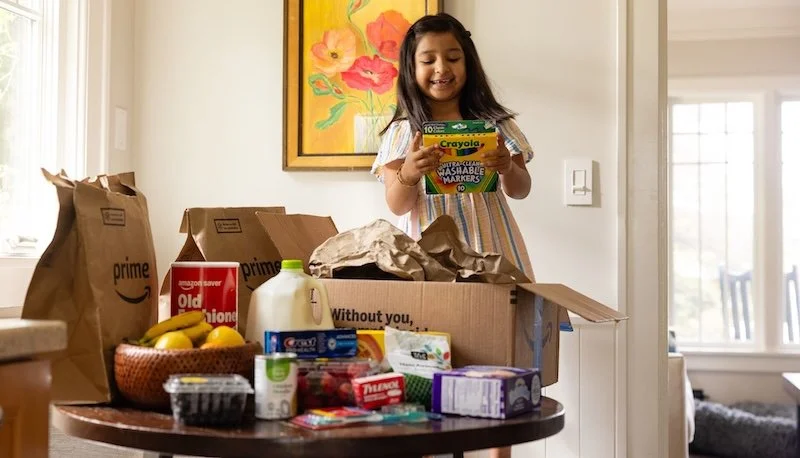

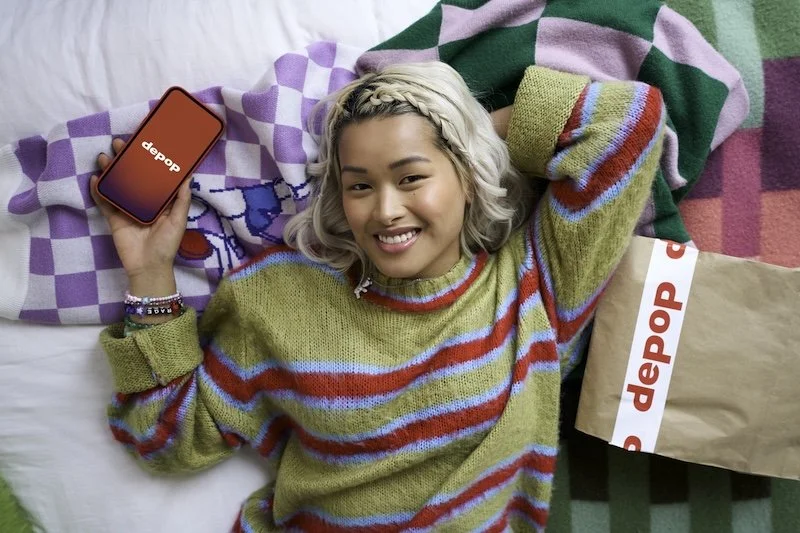
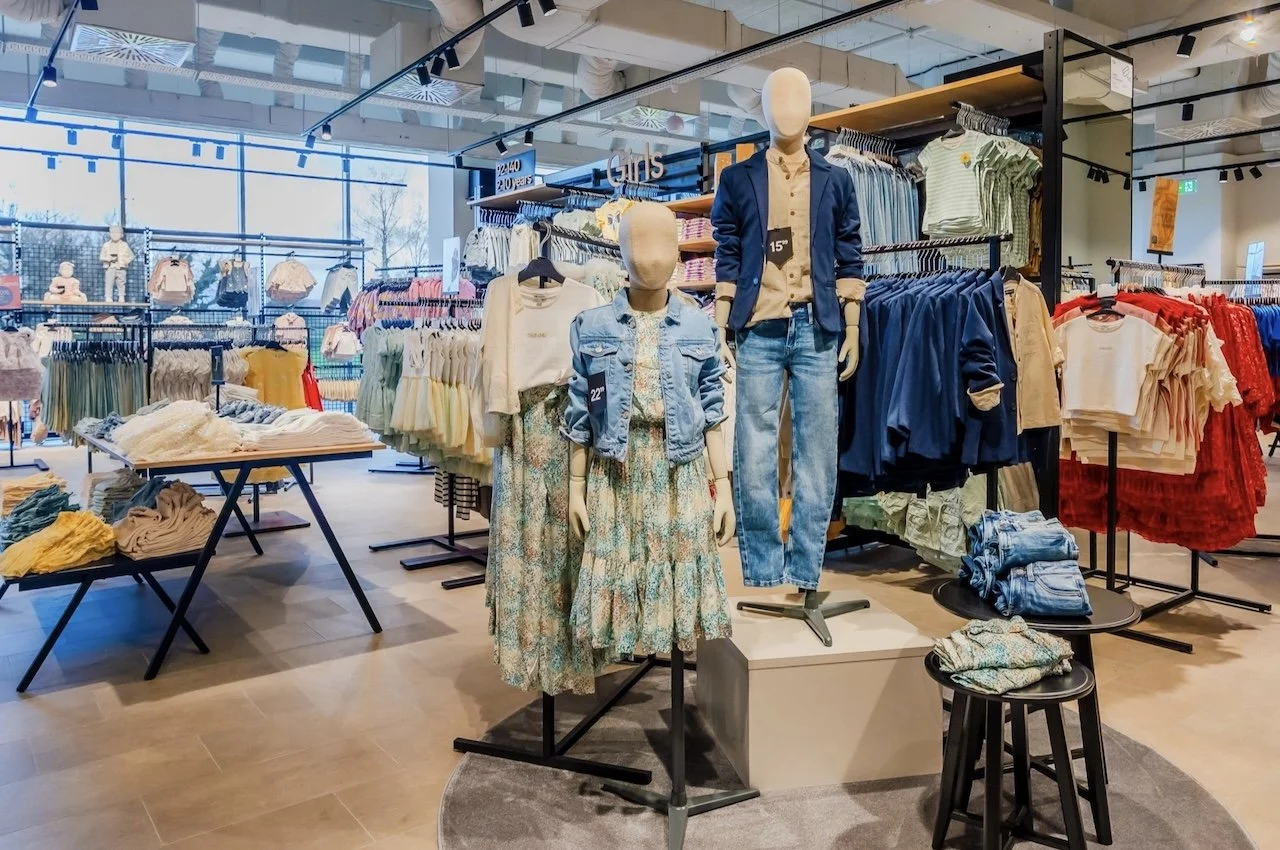
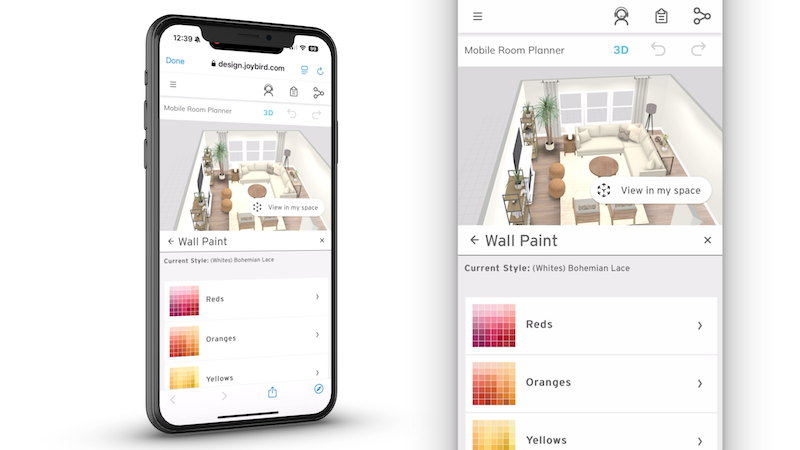

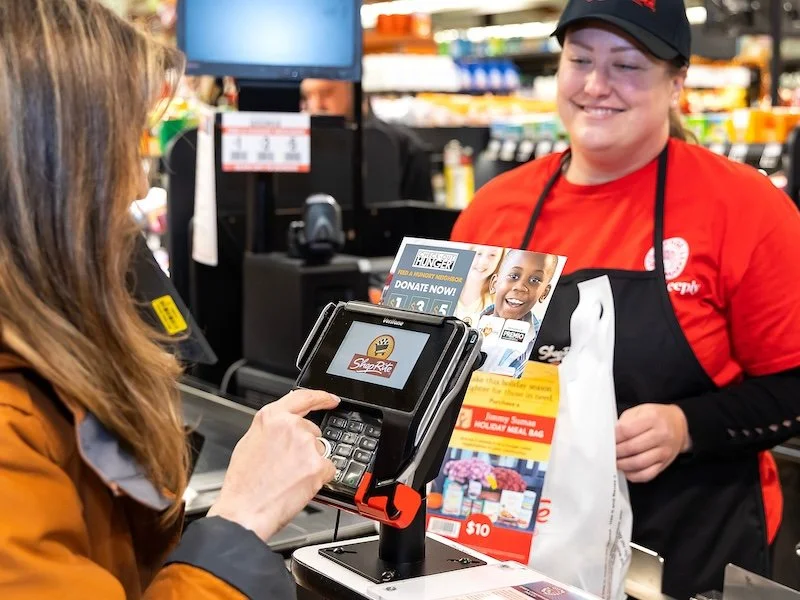
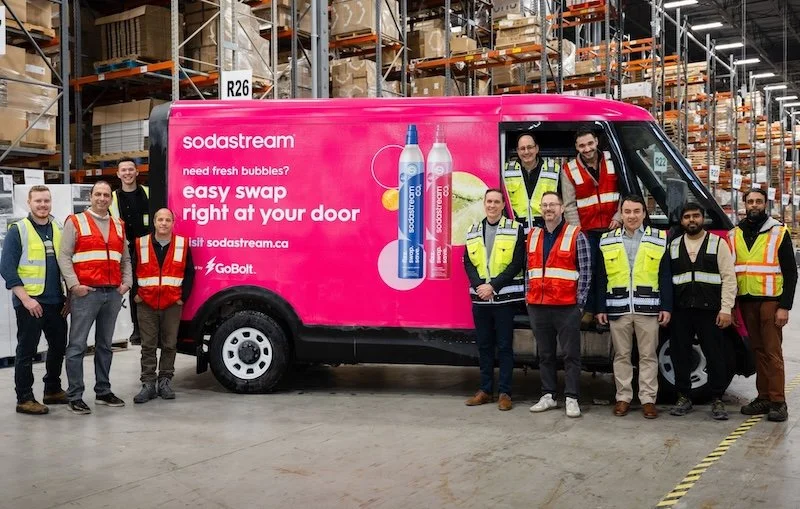

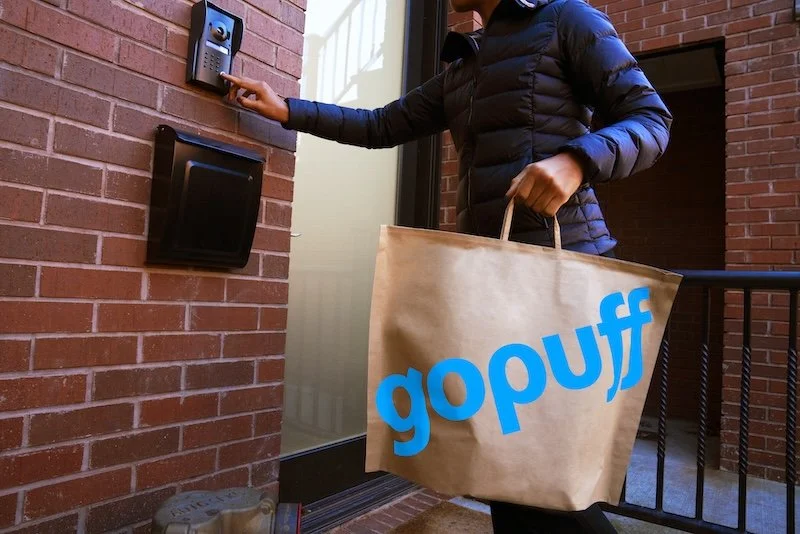

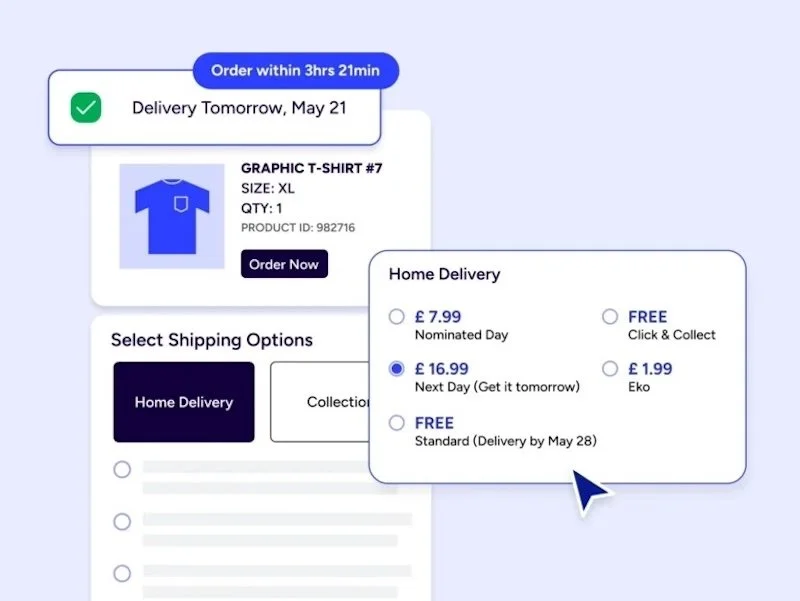
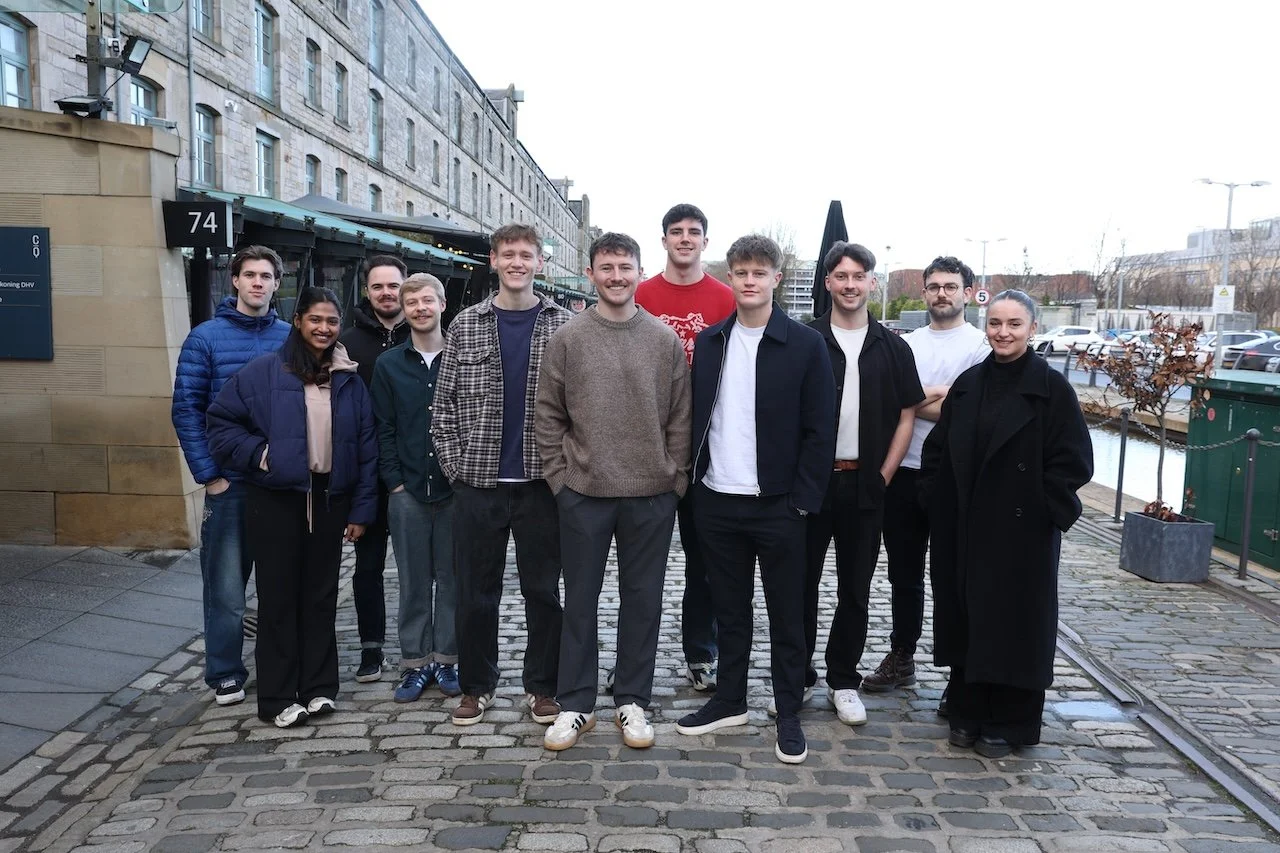






Continue reading…